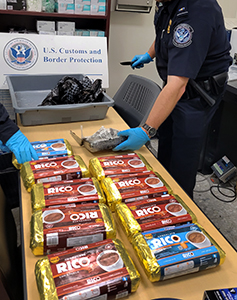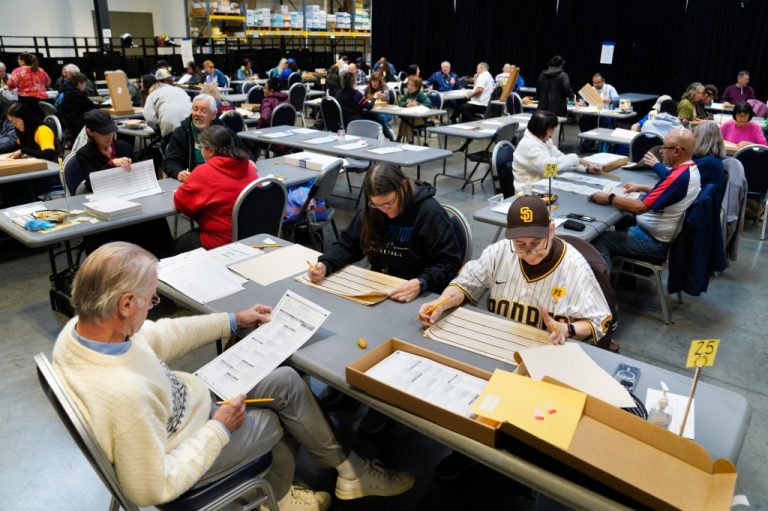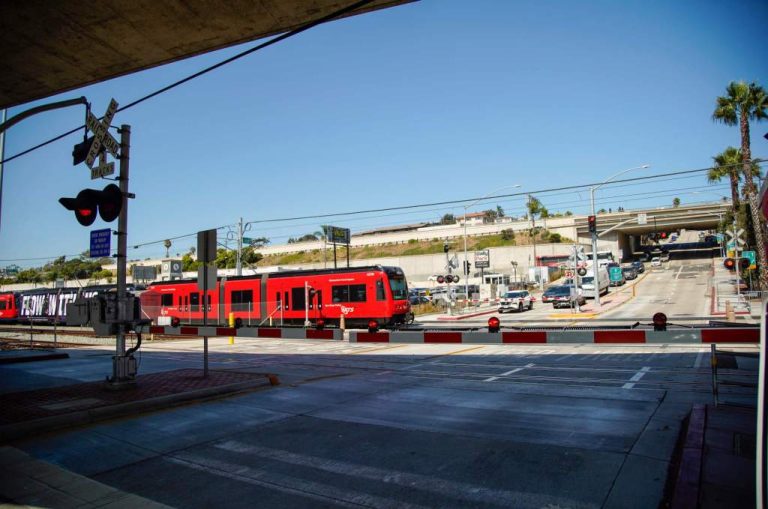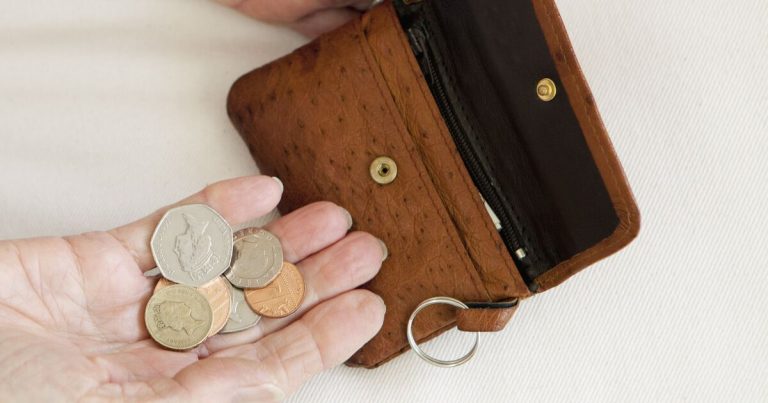
STERLING, Va. – Cocao and Coca may sound similar, but what Customs and Border Protection officers at Washington Dulles International Airport found inside packages of hot chocolate was a poisonous powder instead of the advertised chocolatey confection.
CBP officers discovered more than 28 pounds of cocaine on October 5 that was concealed inside 10 packages of hot chocolate beverage base while examining a food shipment brought to the United States by a Guatemalan courier.
CBP seized the cocaine. Federal authorities initially detained the courier; however, authorities released the courier on Tuesday after prosecutors were unable to directly connect the courier to the cocaine.
CBP officers canceled the courier’s visa and processed him as an expedited removal. The courier departed to Guatemala on Wednesday.
CBP is not releasing the courier’s name since the courier was not criminally charged.
CBP officers initially discovered 10 bricks of a white powdery substance concealed between layers of coffee grounds and under a double layer of chocolate bars in hot chocolate packages. Officers tested the white powdery substance using a handheld elemental isotope analysis tool and identified the substance as cocaine hydrochloride.
The combined weight of the 10 cocaine bricks was 12.88 kilograms, or 28 pounds and six ounces. The cocaine has a street value of about $900,000.
The courier shipment was destined to an address in Northern Virginia.
“Drug trafficking organizations continue trying to smuggle their illicit narcotics into the United States, but vigilant Customs and Border Protection officers are relentless in their efforts to intercept these smuggling attempts and to protect our communities from the scourge of dangerous drugs,” said Marc E. Calixte, CBP’s Area Port Director for the Area Port of Washington, D.C.
Transnational criminal organizations sometimes attempt to smuggle dangerous drugs in courier shipments. On October 27, CBP officers seized nearly two pounds of heroin concealed inside packages of coffee in a food courier shipment also from Guatemala.
Every day, CBP officers and agents seized an average of 2,339 pounds of dangerous drugs last year at and between our nation’s air, sea, and land ports of entry. See CBP’s enforcement stats to see what other dangerous drugs CBP is encountering at our nation’s borders.
CBP’s border security mission is led at our nation’s Ports of Entry by CBP officers and agriculture specialists from the Office of Field Operations. CBP screens international travelers and cargo and searches for illicit narcotics, unreported currency, weapons, counterfeit consumer goods, prohibited agriculture, invasive weeds and pests, and other illicit products that could potentially harm the American public, U.S. businesses, and our nation’s safety and economic vitality.
See what CBP accomplished during “A Typical Day” in 2023. Learn more at www.CBP.gov.
Follow the Director of CBP’s Baltimore Field Office on Twitter at @DFOBaltimore for breaking news, current events, human interest stories and photos, and CBP’s Office of Field Operations on Instagram at @cbpfieldops.









